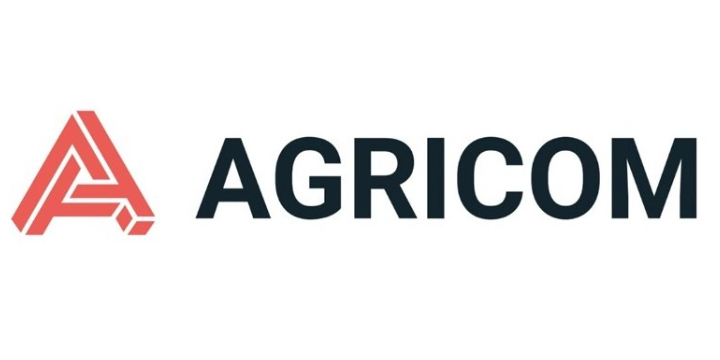
Project funded by the SMP-COSME-2024-REC call
Consortium
The AgriCom project consortium brings together leading European actors in the field of energy transition and sustainable development in the agri-food sector. The project is coordinated by TH!NK E (Belgium) and involves six partners from five European countries:
Background
The European agri-food sector is a cornerstone of the economy and rural development but also a major energy consumer, especially in processing, refrigeration, and distribution activities.
In a context of green transition and volatile energy prices, renewable energy communities (RECs) emerge as a key solution to move towards more sustainable, collaborative, and resilient energy models.
The AgriCom project addresses this challenge by providing technical and strategic assistance to agri-food businesses and rural SMEs to help them create, manage, and sustain local energy communities based on renewable sources.
This approach will reduce costs, improve energy security, and strengthen territorial cohesion, contributing to the goals of the European Green Deal and the transition towards a circular, low-carbon economy.
Objectives
The main goal of the AgriCom project is to support the creation and consolidation of renewable energy communities in the European agri-food and rural sectors through knowledge transfer and technical assistance to 15 pilot beneficiaries (three per country).
Derived from this general goal, the specific objectives are:
Actions to be developed
The project begins with a mapping of best practices related to energy management, renewable energy use, and the creation of energy communities in the European agri-food sector. This will be supported by data from studies, previous experiences, and regional reports, with special attention to rural and cooperative initiatives already implementing shared energy generation models.
Later, collaboration will be promoted through a European network of agri-food energy communities, which will define a common strategic agenda and facilitate knowledge exchange among sector stakeholders. Moreover, knowledge transfer will be encouraged among SMEs, cooperatives, and local authorities through working groups, training workshops, and collaborative missions.
The activities proposed, grouped into work packages (WP), focus on:
Ea sit quaeque consulatu, nam causae nonumes in, ne sea graeci quidam pericula. Id eius scriptorem sit, affert ridens ea eam, no est illum instructior. Cu veri gubergren appellantur vis. Te summo facilisi constituto qui, ad mundi nemore causae pro. Equidem euripidis at vis, mundi intellegat quaerendum ex sit, ea nusquam fierent mea.
Ea pro nisl adhuc consequat. Mei at posse graecis epicurei, novum causae erroribus usu no, ne ubique praesent scribentur quo. Ea vis quod labitur sapientem, qui te putant laoreet sententiae, alii velit vidisse eam ex. Eum ut idque soluta diceret.
Comments